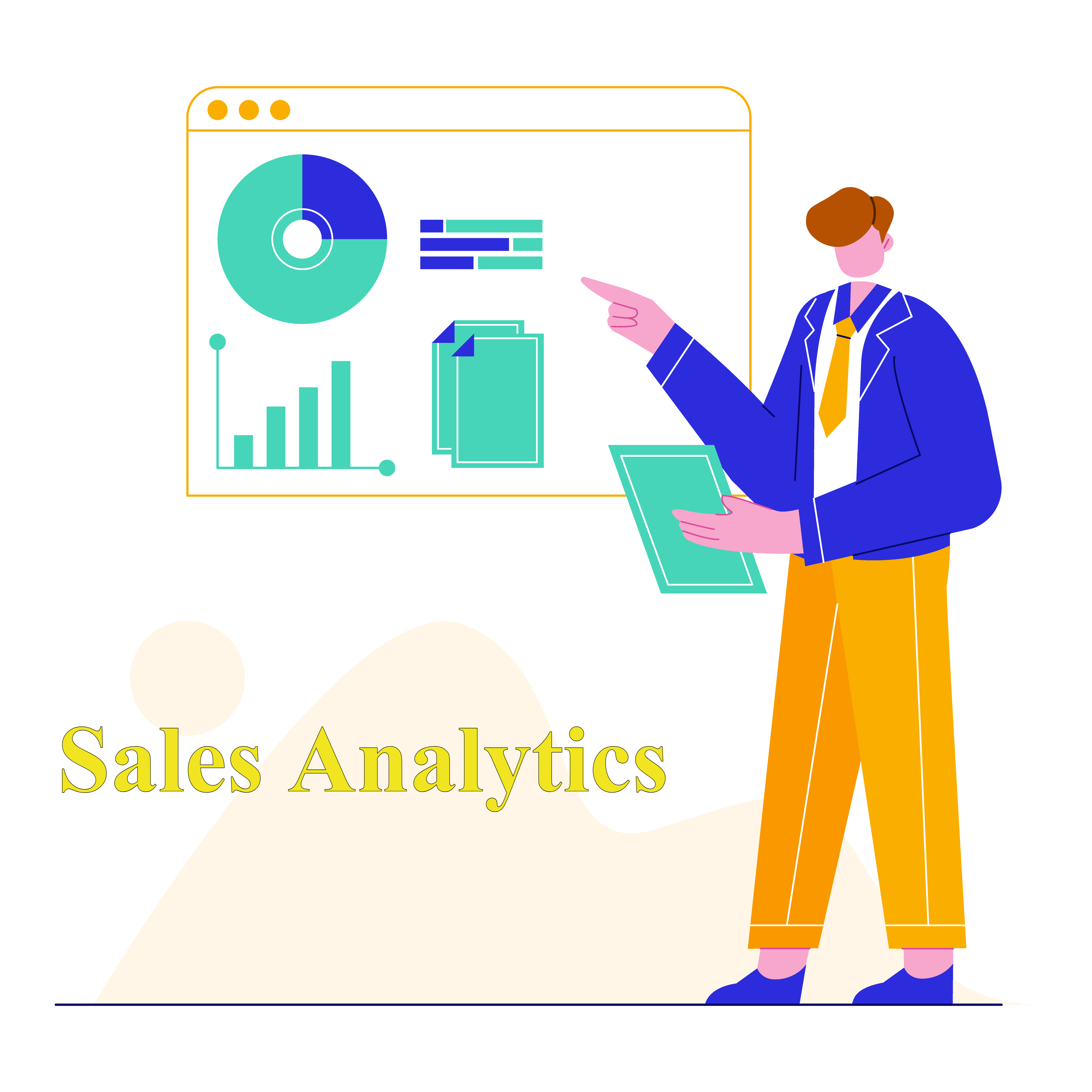The Power of Sales Analytics to Improve Sales
Data analytics can be a powerful tool to position your company among the top-performing ones in the market in terms of sales, revenue, and customers’ satisfaction. However, choosing the right data analytics to set sales forecasts and strategic marketing plans isn’t as easy as it sounds.
In this article, we’ll help entrepreneurs and sales specialists understand the impact of sales analytics on their growth and how it can contribute to increasing their sales and driving more loyal clients. Besides, we’ll introduce you to the reasons why companies struggle to benefit from analytics.
How Can Data Analytics Boost Your Sales?
In a nutshell, data analytics can help you build strong relationships with customers, set marketwise strategies, and eventually drive more sales to your company.
The bottom-line results regarding sales and revenue can give general insights on how your business performs and competes in the market. However, these results are far from being measurable and useful to define the exact strengths and weaknesses of your strategies.
Data analytics are vital to deal with every customer individually and better understand the market’s needs. Here are the various areas in which Data analytics play a substantial role:
Efficient Data Categorization
Dealing with large amounts of data that indicate different types of information can be time-consuming and useless, that’s why it’s vital to divide your data into small segments, group similar data together, then create categories that resonate with each group of data separately.
Small data segments make it easier to retrieve, navigate, and display data of the same nature which helps you tailor your marketing strategies to be more personalized and appeal to clients who share the same interest, demography, needs, etc.
Data segmentation also enables you to assess data groups and identify the most profitable ones to your business, which saves you money and helps in estimating the company’s sales in the long run.
Boosts Customer Satisfaction
Data analytics helps you understand your customers’ needs and deliver tailored services/products based on their purchase behavior, interests, region, age, etc. This can definitely enable you to know what works and what doesn’t. It all depends on how valuable and useful your data analytics are in delivering measurable and relevant information.
Inventory Optimization
Companies can use statistical analytics to set forecasts for the best-selling products, except which products are out of stock/overstocking, and study the market’s demands based on region, client, business size, and any other aspect that you consider relevant to your business.
Reduced Operational Costs
Not only can analytics save the time needed to study and analyze tremendous amounts of data manually, but it will also reduce costs without compromising quality. Data analytics allows your employees to focus on what matters and spot which aspects need improvement without hiring a third party logistics service to do the job for you.
Besides, companies can employ data analytics to reduce losses and costs by predicting which products are most likely to be returned or in overstock so they take the needed measures and adjustments to avoid any unnecessary costs.
How Can Automation Make a Difference?
Before we delve into this, let’s explain first that data analytics can be developed in two ways: By humans or by technology with no human intervention. Companies can save a great deal of their employees’ time and effort if they only adopt a reliable automation solution.
Automation can generate accurate data analytics in the real time with no or little human intervention, which is particularly useful when dealing with large databases with different types of information.
Not only that, automation uses data analytics to simplify large data and help companies understand its impact on their business. For example, sales force management solutions use data analytics to create KPIs, metrics, customizable reports, and real-time updates.
Similar solutions including Repzo, gathers data by integrating with multiple resources to automatically generate data displays, charts, graphs, and reports to track field employees’ KPIs, measure performance, and manage inventories.
Repzo’s Data Analytics
Repzo is known to be a fully featured automation solution that empowers businesses in the FMCG, pharma, and field service industries to manage their field employees, monitor field activities, and save money while automating the time-consuming, mundane daily tasks.
Not only does Repzo generate accurate data analytics, but it also uses it to help companies generate customizable reports and BI dashboards where they can measure performance, set marketing strategies based on the market/client/region demands, and track the proper PKIs of their field employees.
Conclusion
Data analytics takes part in every aspect of your business, it significantly contributes to your company’s success by offering detailed and optimized data to study the market’s needs, measure your employees’ performance, develop sales forecasts, and take strategic decisions.
